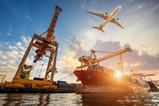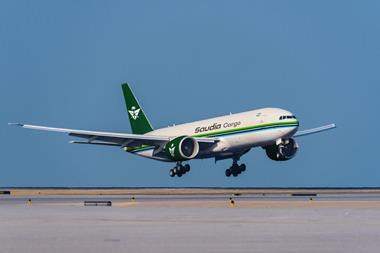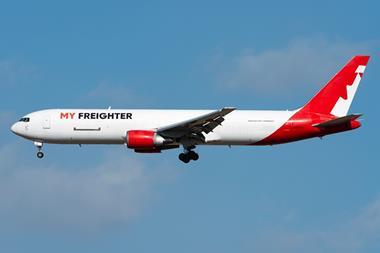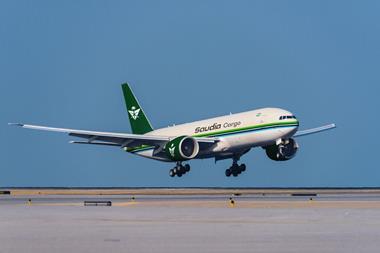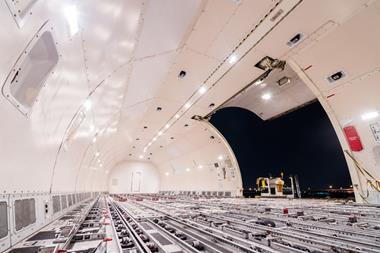Air cargo rates on the transpacific trade lane picked up last week while capacity remains tight and supply chains brace for the impact of the Suez Canal blockage.
The latest statistics from Baltic Exchange Air Freight Index (BAI) show that last week prices from Hong Kong to North America increased by 20.5% on a week earlier to $7.63 per kg.
The increase comes as capacity on intercontinental routes remains tight, with the market from Hong Kong also affected by stricter quarantine rules.
The new quarantine rules require that all Hong Kong-based crews quarantine for two or three weeks when returning from an international flight.
In its latest update, Cathay Pacific said that its February capacity was down by 23% compared with January as a result.
Peter Stallion of air cargo derivatives broker Freight Investor Services (FIS) said: "Asia-US rates rocket on the back of a capacity squeeze, [with] much of this tied to Covid check requirements levied in [Hong Kong and] Cathay Pacific drastically revising down available aircraft and services."
Rates from Hong Kong to Europe were up by 4.2% on a week earlier at $4.25 per kg.
On the wider market, writing in the monthly Baltic Exchange airfreight rate newsletter, Bruce Chan, vice president of global logistics at investment bank Stifel, re-iterated that capacity remained tight.
"Our indicators suggest that retail inventories remain near record lows and global demand continues to accelerate. US government stimulus should supercharge retail demand flows on Eastbound Transpacific routes," he said.
"And progressive re-opening and vaccination in the US could drive activity in the realm of pharmaceuticals and even fresh foods. But among the common airfreight commodity classes, we think high tech and e-commerce-related shipments are leading the way. It’s of little surprise that freight growth has been strongest on North America-bound lanes. But according to the latest IATA data, Europe is catching up, too."
Stifel estimates that global cargo capacity is down by around 20% on baseline levels.
Chan also warned that the impact of the Ever Given grounding, which closed the Suez Canal for more than a week, is yet to be felt.
The Suez closure caused a backlog of vessels that are all expected to turn up at ports at the same time, putting even more pressure on already strained infrastructure.
Meanwhile, delays to vessels will throw schedules out of sync and shipping lines will be playing catch up for some time.
"The implications of that event, in our view, will continue to reverberate through the supply chain for weeks if not months to come," said Chan. "And it is illustrative of the broader freight backdrop.
"In a more normalised environment, there might be more of a shock absorber for delays and more supply pressure blow-off valves. But global freight capacity is almost universally scarce right now, across geographies and across modes, in our view, which further reduces optionality for shippers."
Meanwhile, Stallion said that the air cargo charter market had started to see some enquiries: "We've seen a bit of charter action as a result of the Suez Canal, however as is the same with container freight much of this impact has been delayed whilst container equipment issues start to come up in the coming weeks."








